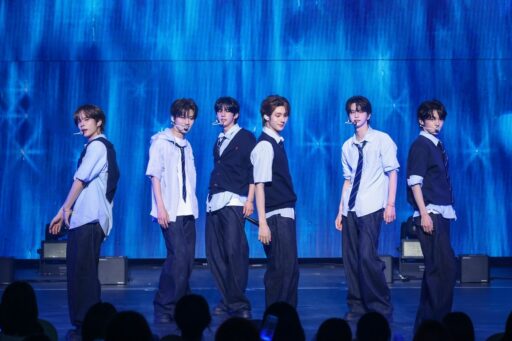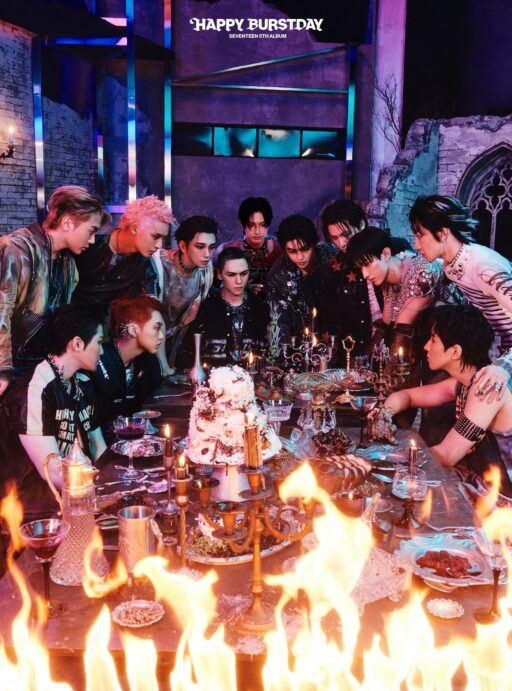Former President Yoon Seok-yeol Re-arrested: Who is Judge Nam Se-jin?
Former President Yoon Seok-yeol returned to jail just four months after his release.
The decision for this arrest was made at 2:15 a.m. on the 10th, following approximately 12 hours of hearings. The reason for the arrest is stated as a "concern for evidence destruction."
There is growing public interest in Judge Nam Se-jin, the presiding judge of the Seoul Central District Court who issued the arrest warrant, overturning the earlier decision by Chief Judge Ji Gwi-yeon which had canceled the arrest four months ago.
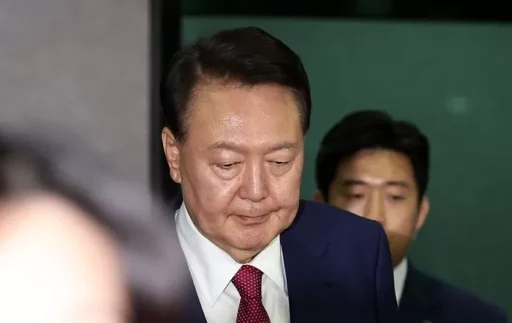
Judge Nam Se-jin, known for strictly applying the criteria for arrest
Judge Nam Se-jin entered the legal field after graduating from Daijin Girls' High School and Seoul National University Law School, and completed the 33rd Judicial Research and Training Institute.
He began as a preliminary judge at the Seoul Central District Court in 2004 and has worked at the Seoul Eastern District Court, Daejeon District Court, and Uijeongbu District Court, before serving as the presiding judge for warrants at the Seoul Central District Court since February of this year.
Notably, Judge Nam is recognized in the legal community for applying arrest criteria very strictly.
Strictly applying the criteria for arrest
In fact, in March, he rejected the arrest warrants for former BHC Chairman Park Hyun-jong and members of the Korean University Student Progressive Union (Daejinryun), stating that "the necessity for arrest was insufficient." Additionally, in May, he also dismissed arrest warrants for four Daejinryun members who attempted to enter a building while demanding the resignation of Chief Justice Cho Hee-daeg.
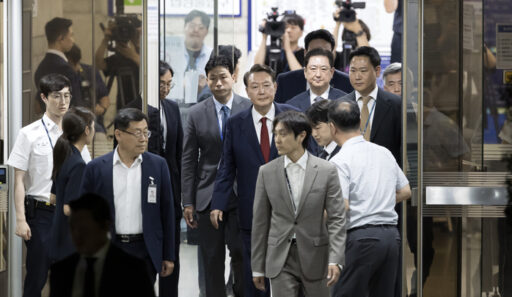
12 hours of lengthy hearings, and the decision
The substantive examination for the arrest warrant for former President Yoon began at 2:15 p.m. on the 9th and lasted for about 12 hours.
On this day, the special prosecution team prepared a PowerPoint presentation of 178 pages to emphasize the necessity for arrest before the court. The team included Special Prosecutor Park Eok-su, Deputy Public Prosecutors Kim Jeong-guk and Jo Jae-cheol, along with seven other prosecutors participating in the hearing.
During the hearing, the special prosecution team requested the re-arrest of Yoon, presenting charges, including obstruction of the execution of arrest warrants, interference with the deliberation and decision-making rights of ministers, drafting a declaration of martial law after the fact, ordering the deletion of information on a spy phone, and issuing false public announcements related to the martial law.
The team also pointed out that the leak of the arrest warrant by former President Yoon's side could influence investigations involving suspects and witnesses, raising significant concerns about evidence destruction.
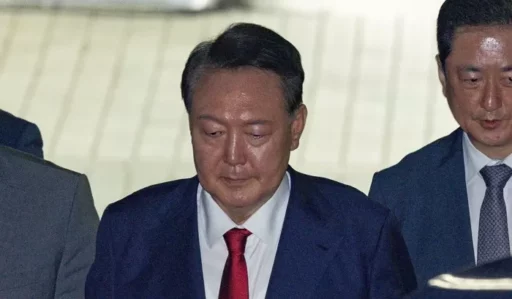
In particular, the special prosecution team submitted an additional opinion report of over 300 pages. This opinion reportedly included a request to secure Yoon's physical custody to conduct additional investigations into foreign exchange offenses, in addition to the charges listed in the warrant.
Based on the opinions of the special prosecution team, Judge Nam carefully reviewed charges such as abuse of authority, preparation of false public documents, and obstruction of special public duty, ultimately issuing the arrest warrant on the grounds of "concern for evidence destruction."
As a result, former President Yoon was re-incarcerated in solitary confinement at the Seoul Detention Center after being released due to the cancellation of the arrest on March 8 by the Criminal Division 25 of the Seoul Central District Court (with presiding Judge Ji Gwi-yeon).
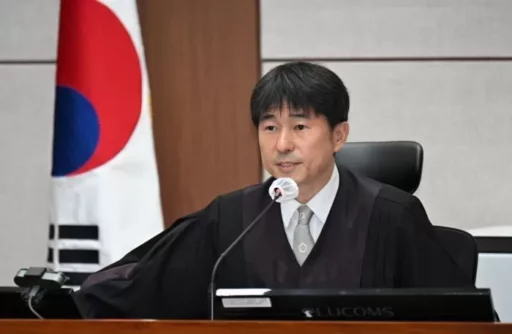
Reactions from the legal and political communities
In some legal circles, considering Judge Nam's usual calm and rational style of decision-making, the evaluation is that this decision was based on legal judgment.
Furthermore, given that the arrest of a former president is a matter of national significance, it appears that Judge Nam made this decision carefully, taking all legal factors into account.
There have also been various reactions from the political sector. Kim Byeong-joo, a senior member of the Democratic Party, expressed his welcome on Facebook, stating, "Yoon Seok-yeol has been arrested again," and added, "the 'vacation' granted by Ji Gwi-yeon in the name of 'release' has ended after four months."
Also, Democratic Party representatives Jeong Cheong-rae and Park Chan-dae commented, "Let him serve a life sentence for his sins. We welcome his eternal separation from the world," and "The entire nation has been waiting for this news. Justice prevails! Insurrectionists belong in jail! From now on, it is true restoration of order."
Song Eon-seok, the Chairman of the Emergency Response Committee of the People Power Party and the floor leader, expressed, "I feel very sorry and deeply regret the unfortunate situation of a former president being arrested again," but added that "I hope that investigations and trials are conducted justly and fairly, according to law and principles."
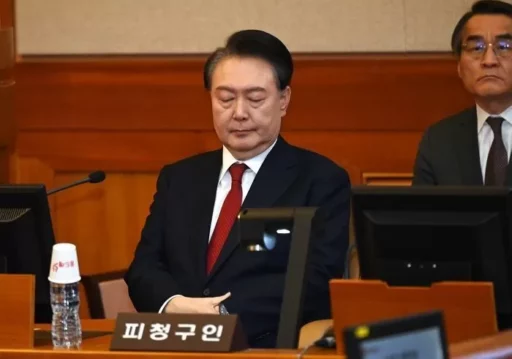
Meanwhile, due to the issuance of the arrest warrant by Judge Nam, former President Yoon will be subject to special prosecution investigations while in custody for up to 20 days. If indicted afterward, he could be held in detention for up to six months.
Attention is now focused on the upcoming trial proceedings of former President Yoon and the judgments of related individuals.
Image source: Former President Yoon Seok-yeol / News1, Yoon Seok-yeol, who is under special prosecution investigations related to the declaration of martial law on December 3, moves to the waiting area at the Seoul Detention Center after finishing the second pre-arrest investigation at the Seoul Central District Court on the night of July 9. 2025.7.9/News1 (Photo Joint Coverage Group), News1, Chief Judge Ji Gwi-yeon speaking to reporters regarding the exit of the press during the second trial for charges of leading an insurrection at the Seoul Central District Court in Seocho-dong on April 21. 2025.4.21/News1 (Photo Joint Coverage Group)

